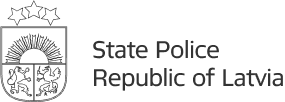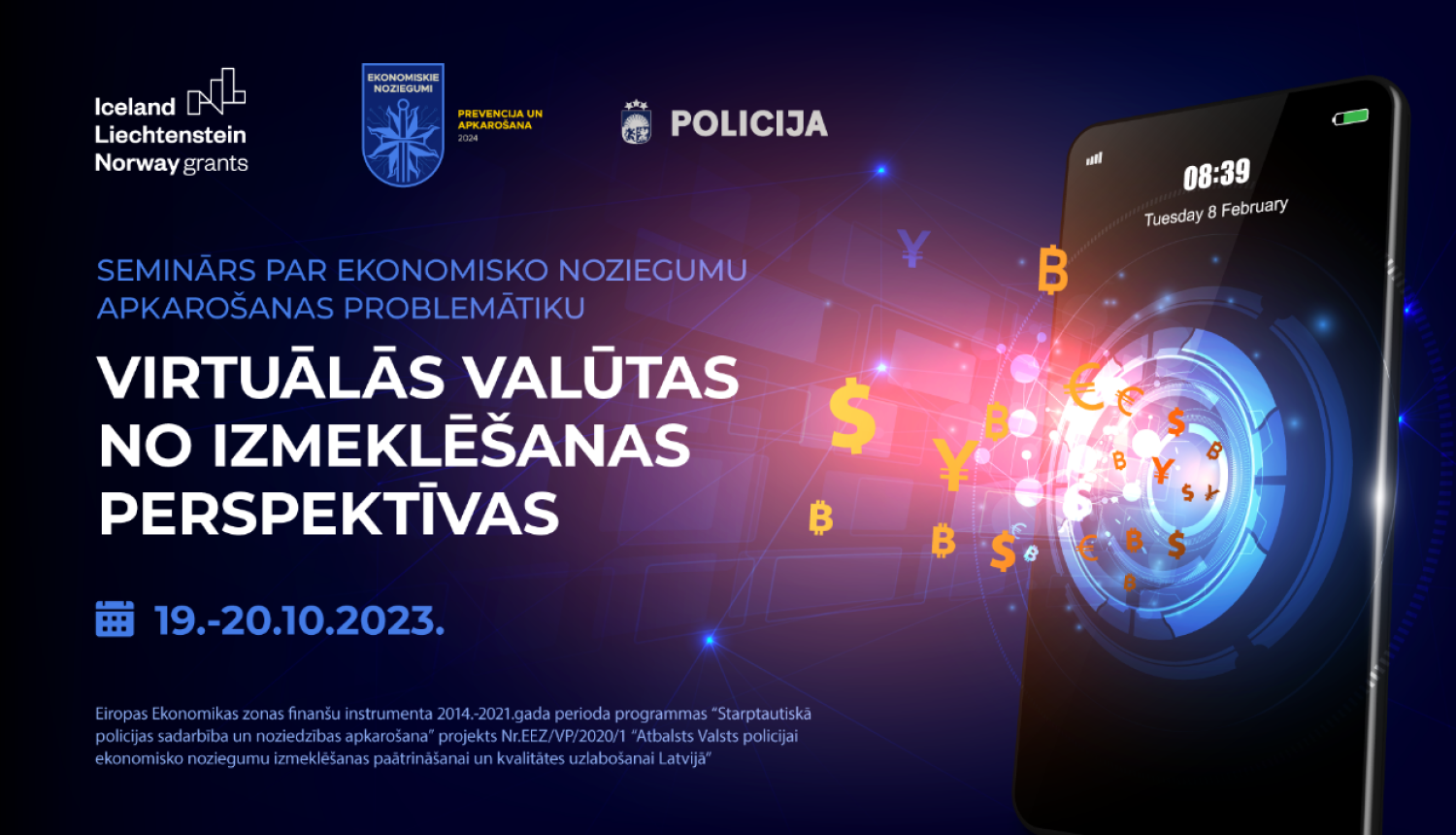Last week, on 19 and 20 October, the seminar "Virtual currencies from the perspective of investigation" was held, where current events related to virtual currencies in criminal proceedings were discussed. The purpose of the seminar was to educate employees of the State Police and prosecutors about the basics of transaction tracking and promote in-depth understanding of the main principles of investigation. The seminar was organized by the officials of the State Police Cyber Crime Combatting Department in cooperation of the Investigators Training Centre of the State Police College within the framework of the European Economic area grant 2014-2021 programme “International Police Cooperation and Combating Crime” project No.EEZ/VP/2020/1 “Support to the State Police for increasing effectiveness and quality of economic crime investigation in Latvia””.
The seminar was attended by 61 participants from nine different law enforcement and cooperation partner institutions - the State Police, the Bank of Latvia, the State Police College, the Prosecutor's Office of the Republic of Latvia, Binance, the Finance Latvia Association, the Financial Intelligence Service, the Riga City Court and the State Agency for Security.
Solvita Sļadze, the Deputy Head of the State Police Cyber Crime Combatting 2nd Division, indicates: "In-depth understanding of working with virtual currencies will enable the investigator not only to find out the perpetrators, organizers and supporters of a criminal offense, but will also give the opportunity to ensure that the victims receive compensation for material damage and to remove the criminally acquired funds and often stored in very large quantities and used for crimes for financing from the criminal environment."
The first day of the seminar was devoted to theoretical lectures on such topics as regulatory regulation of virtual currencies, cross-border legal cooperation and its problems, identification of criminal groups, implementation of virtual currency and risk assessment. At the end of each lecture it was possible to ask questions as well as in order to facilitate the cooperation and enlarge the circulation of opinions open discussions were organized.
In turn, on the second day, the participants improved their practical knowledge with comprehensive tasks in groups. The tasks were designed so that the participants could familiarize themselves not only with the process of search and obtaining evidence, but also to learn how virtual currency wallets are created and transactions are made. It was concluded that the main challenge in dealing with virtual currency crimes is the maturity of the industry itself, as it does not yet operate as a single effective network. Due to this reason problems arise in cases where regulatory frameworks have to be applied at the international and cross-sectoral level. The practical tasks were assessed and analyzed not only by the representatives of the State Police Cybercrime Combating Department, but also by representatives of the Prosecutor's Office and the Riga City Court, who gave their recommendations and suggestions for organizing more successful and efficient investigation processes. This analytical model helped the participants of the seminar to see the processes from the point of view of different institutions.
The participants highly appreciated the organized the seminar, its relevance and the topics covered, emphasizing that this was one of the best organized seminars, which has contributed to the practical understanding of virtual currency and its investigation possibilities. At the same time, it was indicated that such seminars of a practical nature should be further developed and organized in the future, as this field is developing rapidly and requires more and more innovations and deeper understanding.
Seminar takes place in the framework of the European Economic Area financial instrument 2014-2021 period programme “International Police Cooperation and Combating Crime” project No.EEZ/VP/2020/1 “Support to the State Police for increasing effectiveness



